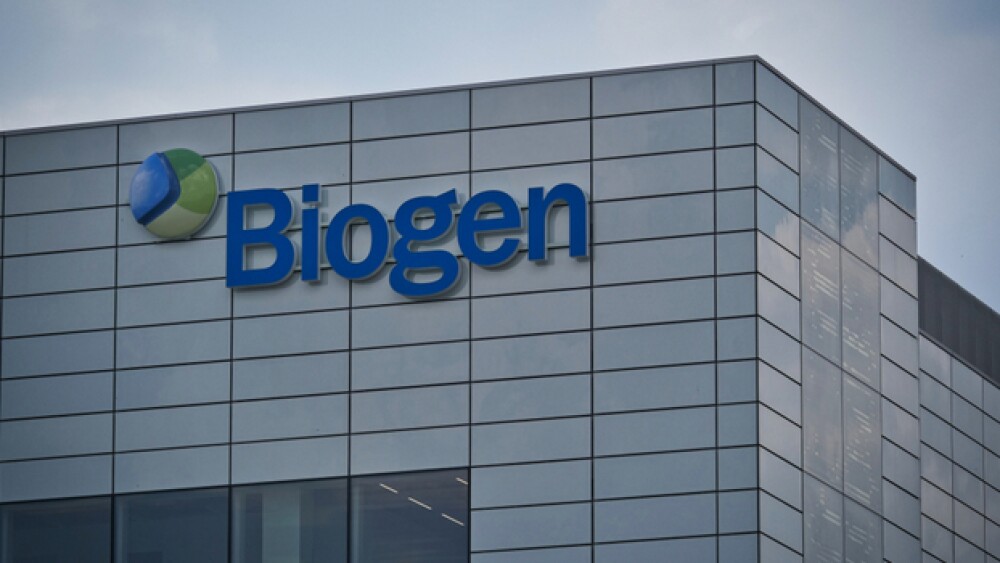Sage Therapeutics and Biogen announced positive results from their ongoing clinical trials on the efficacy and safety of zuranolone in treating major depressive disorder and postpartum depression.
PictureDesignSwiss/Shutterstock
Sage Therapeutics and Biogen today announced positive and consistent results from their ongoing clinical trials on the efficacy and safety of zuranolone in treating major depressive disorder (MDD) and postpartum depression (PPD).
The findings were presented at the 34th European College of Neuropsychopharmacology Congress, happening October 2 to 5, 2021. The report covered data from several trials under two clinical development programs: LANDSCAPE and NEST.
The LANDSCAPE program includes five studies of zuranolone in patients diagnosed with MDD. Data from the latest presentation are from two trials of 30 mg zuranolone in patients with MDD (the MDD-201B MOUNTAIN study and the ongoing SHORELINE study) and one trial of 50 mg zuranolone (WATERFALL study). Results from the remaining two studies, CORAL and a 50mg cohort of SHORELINE are expected to be revealed by this year.
Meanwhile, the NEST program covers two placebo-controlled trials of zuranolone in patients with PPD. The positive data shared in the most recent presentation came from the ROBIN study (zuranolone 30mg). The other trial, SKYLARK with 50 mg zuranolone, will be read out by mid-2022.
“The efficacy data across the clinical development programs have demonstrated a rapid onset of activity, consistent reductions in depressive symptoms and a two-week treatment regimen that may offer the potential to treat-as-needed. The data also include a robust safety database with more than 3,500 patients treated, showing that zuranolone has been well tolerated to date,” commented Steven Kanes, M.D., Ph.D., chief medical officer at Sage Therapeutics in a statement.
“We believe these data represent the potential for a benefit-risk profile for zuranolone that may be differentiated from the most prescribed depression drugs on the market, and may be welcomed by patients, if approved,” added Kanes.
Both major programs are designed to generate sufficient data to support a possible New Drug Application (NDA) filing with the U.S. Food and Drug Administration. If successful, the NEST and LANDSCAPE programs could help future approvals to address PPD and MDD patient needs.
Major depressive disorder is a common but serious mood disorder that affects around 19 million people in the U.S. alone and over 250 million worldwide per year. There are antidepressants currently used to treat the disease, specifically the monoamine-based ones, but studies have continued to call for additional therapies with a differentiated profile.
Zuranolone is a once-daily, two week oral neuroactive steroid GABA-A receptor positive allosteric modulator that can inhibit the signaling pathway of the brain and central nervous system. The FDA has given zuranolone a Breakthrough Therapy Designation.





